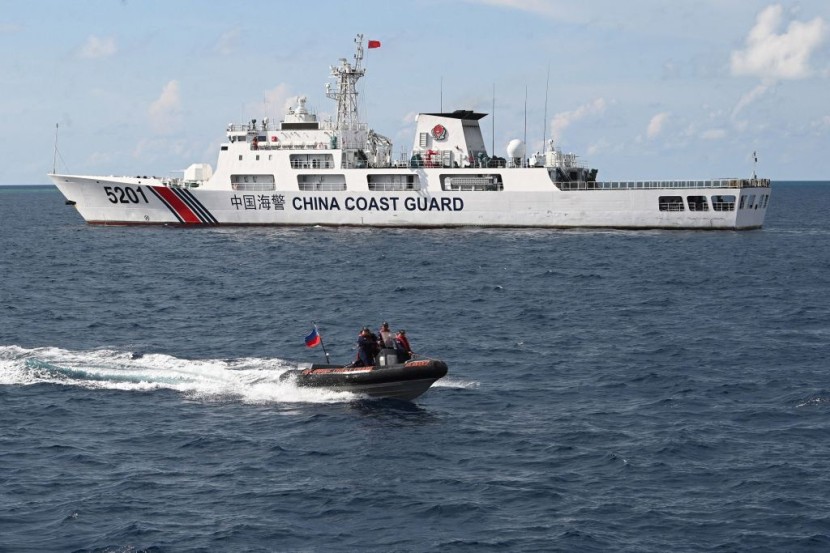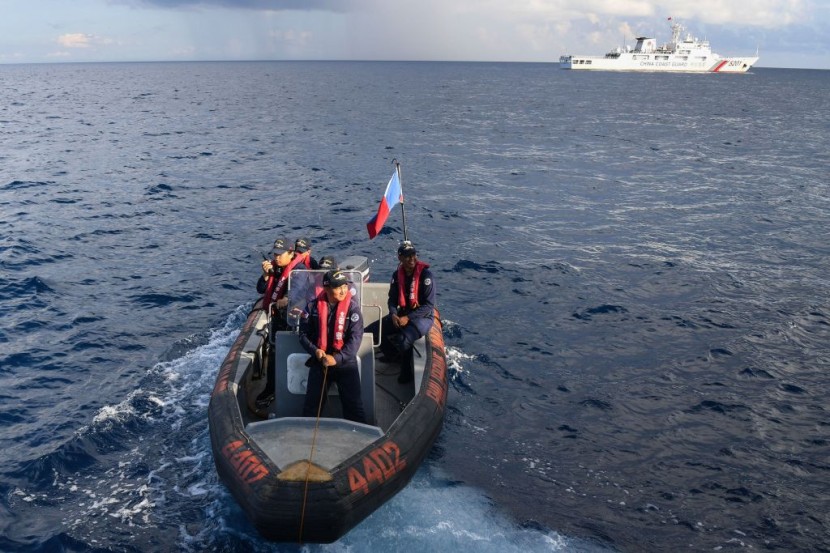The China-Philippines dispute could turn into a superpower conflict. Experts warned about this alarming prediction of what recently happened on the Spratly Island.
China-Philippines Dispute Prediction

According to The Guardian's latest report, many countries are concerned about the naval activities of Beijing in the South China Sea and Taiwan.
Concerns about China's naval drills heightened after the incident in the Spratly Islands, where the Chinese coastguard directed a water cannon at a Philippine coastguard.
Since the Philippines is supported by the U.S., Australia, Japan, France, and the EU, experts think that the territorial dispute between China and the Philippines could escalate into a superpower conflict.
Blake Herzinger, a researcher at the University of Sydney's United States Studies Center, claims that there's a significant escalatory potential in the China-Philippines South China Sea dispute.
"Beijing's risky behavior in the region has the potential to draw the two powers into conflict even without intending to do so," he warned.
What Could Trigger Superpower Conflict?

As of writing, the U.S. government has a mutual defense treaty with the Philippines. Washington said that it is committed to the obligations under this treaty.
This means that if ever Philippine public vessels and forces experience armed attacks, the U.S. government will defend them.
If these attacks will come from China and the U.S. gets involved, that's when the superpower conflict will start.
However, Alessio Patalon, an Asia at King's College London war and strategy professor, said that the activity that could trigger this mutual defense treaty is still unclear.
PH Gov Summons Chinese Ambassador
After the water cannon incident on the Spratly Islands, the Philippine government decided to summon China's ambassador on Monday, Aug. 7.
The Associated Press reported that Huang Xilian, China's ambassador to Manila, was handed a diplomatic protest by the Philippine Undersecretary Theresa Lazaro.
In this protest, the Philippine government said that Beijing should stop its illegal actions in the South China Sea.
Officials added that China must stop interfering in the legitimate naval activities of the Philippines and abide by international law.
However, instead of apologizing, China defended its activity. You can click this link to learn more details.
© 2025 HNGN, All rights reserved. Do not reproduce without permission.








